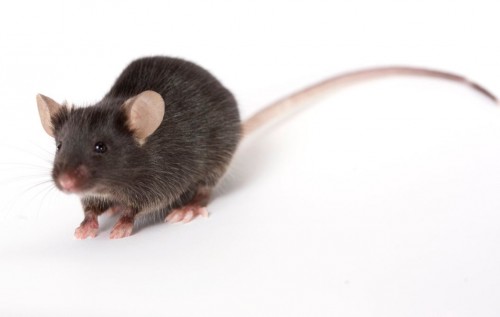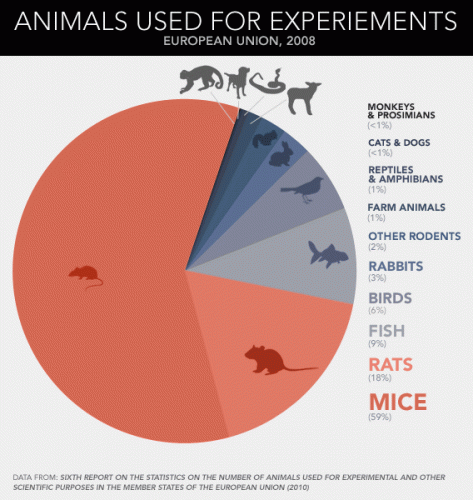
For over a century, the mouse has been used as a model for human disease, leading to countless insights into human health. Virtually all clinical treatments must first be validated in the mouse before human trials are considered. However, a paper published in the Proceedings of the National Academy of Sciences in February challenges the relevance to humans of discoveries made in mice, finding that when exposed to acute inflammatory stresses, mice and humans have extremely different genetic responses.
Although mouse models are a cornerstone of biomedical research, the similarity of human and murine molecular responses to inflammatory stimuli has never been systematically evaluated. This lack of knowledge is what motivated the team of researchers led by Junhee Seok, Shaw Warren, and Alex Cuenca to compare the two genetic responses toward three acute inflammatory stresses: trauma, burns, and bacterial infection. To carry out this comparison, the scientists extracted DNA from blood taken from people who had experienced each of these stresses as well as from mouse models under the same conditions. Then, they measured the expression levels of approximately five thousand genes to determine which ones were activated or suppressed in the inflammatory response.

Although humans showed similar genetic responses to all three types of inflammatory stresses, the mice reacted differently to each one, turning different genes on and off. Even more strikingly, there was almost no correlation between human and murine reactions to any of the experimental conditions. For example, if humans were likely to activate a certain gene following trauma, mice were almost equally as likely to activate or suppress it. Additionally, the durations of the genetic responses differed between the two species. The researchers saw changes in gene expression after six to twelve hours in both, but the effect lasted for months in humans while mice returned to baseline within four days.
These findings could have major implications for biomedical research. Many inflammatory conditions are studied in mouse models with the assumption that human biology is similar, if not necessarily identical. This study, however, raises the question of how similar humans and mice really are. With such different genetic responses, perhaps the biology of mice is not an accurate representation of that of humans.

Nonetheless, the results of the study do not automatically invalidate mouse model data. “The fact that mice responses do not mimic the rather uniform responses in humans may be due to the fact that mice, but not humans, are inbred,” said Peter Ward, a Professor of Pathology at the University of Michigan Medical School, in an interview with The Scientist. The researchers used the most common mouse strain in biomedical research, C57BL/6 or “Black 6.” But since only one strain was tested and genetic background has a large influence on the immune response, “until other mouse strains are studied, the authors need to be cautious in their interpretations that use of mice is irrelevant to human responses,” Ward added. Furthermore, the researchers focused only on acute inflammatory stresses, not other conditions like cancer or central nervous system disorders. Even with these limitations, however, this paper is an important reminder that mice in the context of research are simply models, no more and no less.
